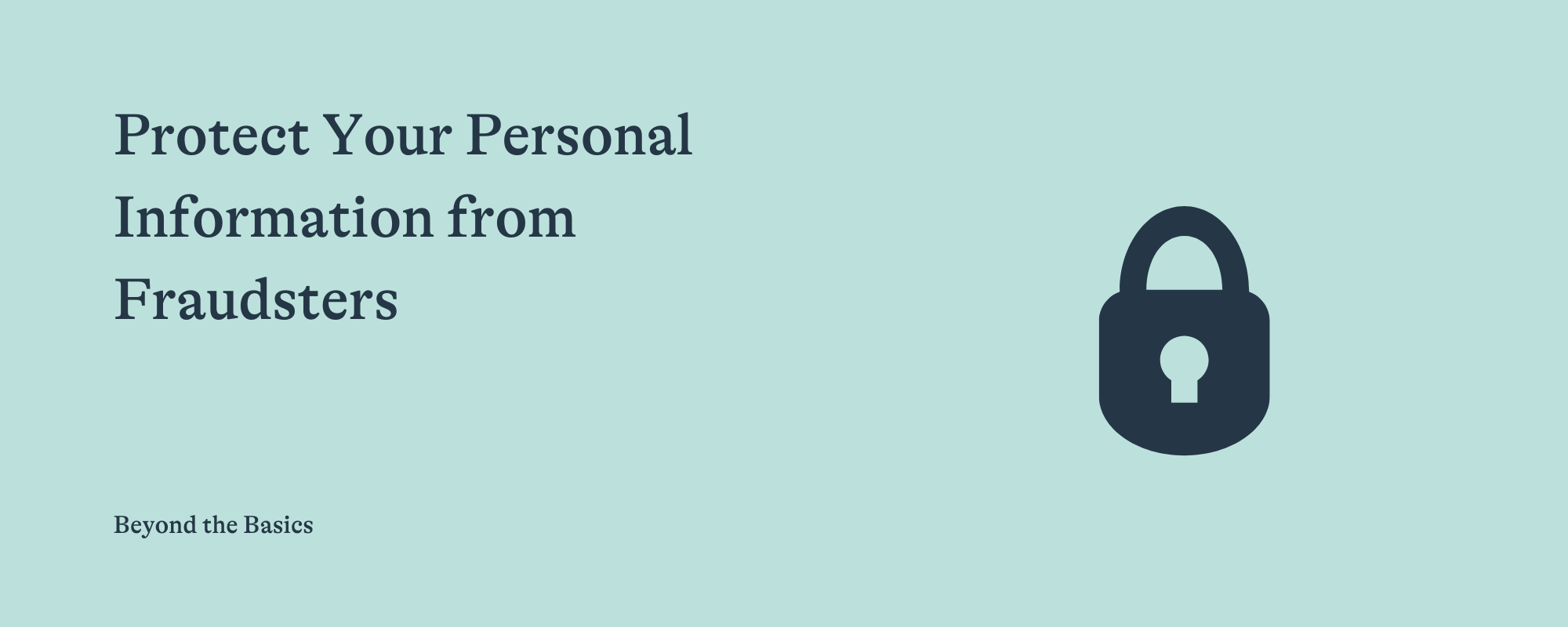Resources
Resources
Three Simple Tips to Help Protect Your Personal Information from Fraudsters

As the world increasingly moves towards a digital landscape, it is becoming more important for individuals to take extra precautions when it comes to protecting their personal information. Fraudsters are always on the hunt for unsuspecting victims and can easily gain access to sensitive data such as passwords, credit card numbers, and other financial details. To protect yourself from these criminals, here are three simple tips that will help keep your information safe and secure.
- Create Strong Passwords: The first line of defense in safeguarding your information is creating strong passwords for all of your online accounts. This means avoiding easy-to-guess phrases such as “123456” or “password” and instead opting for longer combinations of letters, numbers, and special characters. Another effective way to ensure security is to use different passwords for each of your accounts. By doing so, if one account becomes compromised, the others remain secure.
- Use Two-Factor Authentication: When available, two-factor authentication adds an extra layer of security by requiring users to enter both a password and a code sent via text or email before they can log in to their accounts. This way even if someone were to guess your password they still wouldn’t be able to access your data without the second code. If the option is available, it is highly recommended to choose a one-time passcode (OTP) over security questions, as these are usually much more secure. Make sure you review the full language of the message any time you receive an OTP to confirm its validity.
- Don't Give Out Your Personal Information: Finally, don’t give out any personal information unless you are absolutely sure about who is asking for it. Scammers often pretend to be from legitimate organizations such as banks or government agencies and try to get people into giving out confidential data so they can use it for their own gain. Be wary of anyone requesting bank account details or passwords over the phone or via email as this could be a sign of fraud.
By following these three simple steps, you will greatly reduce the risk of having your personal information stolen by fraudsters. At Central Pacific Bank, we take pride in helping our customers stay safe online by providing them with the latest security measures so that they can enjoy peace of mind knowing their accounts are secure from scammers looking to take advantage of unsuspecting victims.



 Share
Share